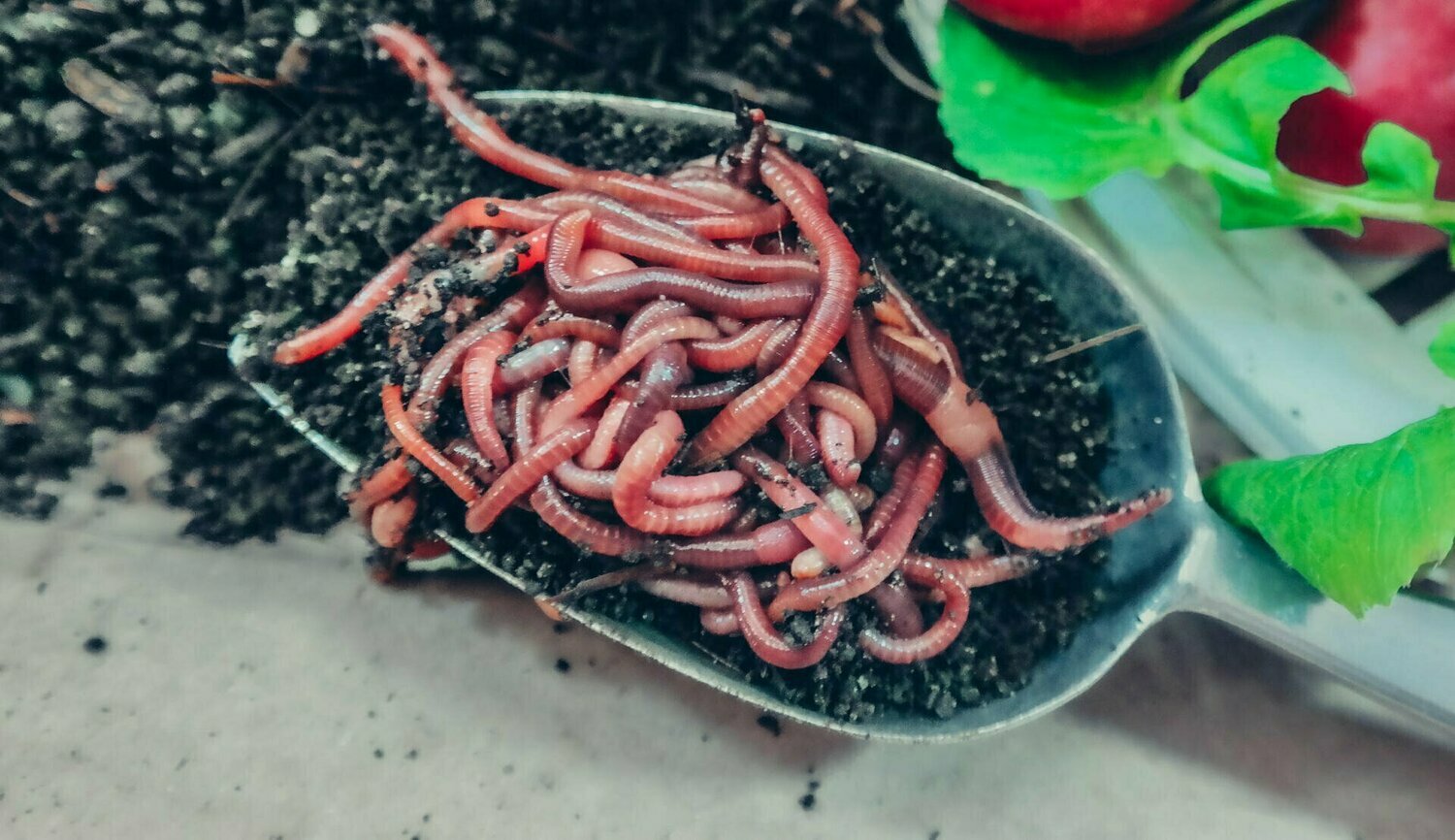Red Wiggler Worms Demystified: Unlocking the Secrets of Vermiculture for Greener Living and Nutrient-Rich Dirt
In the world of sustainable methods for improving soil quality and promoting eco-conscious living, red wiggler worms play a crucial yet frequently forgotten duty. These simple animals have the impressive capacity to change natural waste right into nutrient-rich spreadings that offer as a potent all-natural plant food. By diving right into the world of vermiculture, one can discover a myriad of advantages that expand far beyond typical composting approaches. Understanding the complexities of caring for these worms, maximizing their setting, and using their castings can result in a greener way of living and much healthier soil for plants to grow.
The Function of Red Wiggler Worms
Red Wiggler worms play an important duty in composting systems by effectively damaging down raw material right into nutrient-rich castings. These ravenous eaters eat a selection of natural products, such as kitchen scraps, yard waste, and paper items. As they feed, the worms' digestive system procedures damage down the raw material into a penalty, dark, and nutrient-dense product called worm spreadings or vermicompost.
The castings produced by Red Wiggler worms are highly useful for dirt wellness and plant growth. They are rich in necessary nutrients like potassium, nitrogen, and phosphorus, which are crucial for sustaining healthy and balanced plant advancement. Additionally, worm castings have useful microorganisms and enzymes that assist boost soil framework, rise water retention, and improve nutrient uptake by plants.
Advantages of Vermicomposting

It enhances dirt structure, enhances dirt aeration, and enhances dirt moisture retention. Vermicompost also improves the soil with necessary nutrients like potassium, nitrogen, and phosphorus, promoting plant development and overall soil fertility.
Additionally, vermicomposting assistances lasting gardening techniques by providing a all-natural and chemical-free alternative to artificial fertilizers. Red Wiggler Worms. This eco-friendly approach not only enriches the dirt however also assists lower dependence on harmful chemicals, promoting a greener and extra sustainable method of gardening
Establishing Up a Worm Container
When establishing a worm container for vermicomposting, appropriate configuration is critical to guarantee the success of the composting process. The very first step in setting up a worm container is selecting an ideal container.
After including the bed linen, introduce the red wiggler worms to the bin. The worms ought to after that be offered with food scraps such as fruit and veggie peels, coffee premises, and eggshells.
On a regular basis monitor the wetness degrees and temperature level in the worm bin to make certain optimum conditions for the worms. With correct arrangement and maintenance, the worm bin will effectively convert organic waste into nutrient-rich compost for your plants and garden.
Gathering Worm Castings
To successfully collect nutrient-rich worm spreadings from your vermicomposting system, a systematic harvesting method is crucial. When it comes time to gather the worm spreadings, there are a few key steps to comply with to make sure an effective procedure.

Troubleshooting Common Issues
Determining and dealing with common challenges that may arise during the vermicomposting procedure is important for maintaining a healthy and balanced and efficient worm container. One common problem that vermicomposters encounter is overfeeding. Adding excess food scraps can cause a buildup of wetness and level of acidity in the worm container, possibly harming the worms. To avoid this, feed the worms in moderation, making certain that the food scraps are adequately damaged down before adding much more. One more problem is undesirable odors emanating from the worm container. Foul scents indicate anaerobic conditions, commonly created by overwatering or insufficient air flow. To remedy this, change the wetness degrees by adding dry bed linen products like shredded newspaper or cardboard and increase aeration by directory turning the bedding on a regular basis.
In addition, if the worm population is declining or the worms show up undesirable, it can be because of ecological stress factors such as severe temperature levels or pH levels. Keeping track of these elements and making necessary adjustments is vital for the wellness of the worms. By troubleshooting these usual problems without delay, vermicomposters can make sure a successful and smooth vermicomposting process while preserving a prospering worm population.

Final Thought
In conclusion, red wiggler worms play a critical duty in vermiculture by damaging down natural matter right into nutrient-rich dirt. Setting up a worm container is important for effective vermiculture, and gathering worm castings gives beneficial compost for horticulture.
As they feed, the worms' digestive system processes break down the organic matter right into a fine, dark, and nutrient-dense material understood as worm castings or vermicompost.
The spreadings generated by Red Wiggler worms are highly valuable for soil wellness and plant site web growth. Including excess food scraps can lead to an accumulation of dampness and level of acidity in the worm bin, potentially damaging the worms.Furthermore, if the worm populace is declining or the worms appear unhealthy, it might be due to ecological stressors such as extreme temperatures or pH degrees. Setting up a worm container is important for effective vermiculture, and harvesting worm spreadings gives useful compost for gardening.